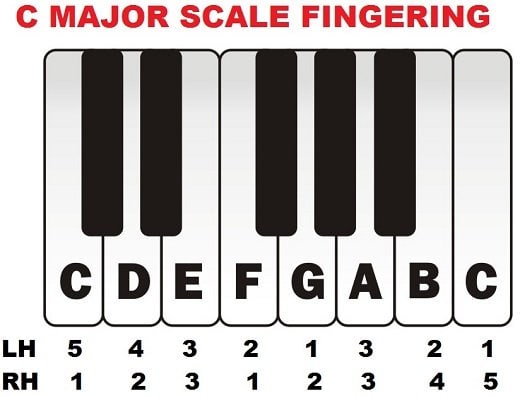
Playing music scales is important for several reasons in a musician's development and proficiency. Scales are fundamental building blocks of music theory and performance, and they offer a wide range of benefits.
Practicing scales helps musicians develop and maintain technical skills. Scales require precise fingerings, bowings (for string instruments), and breath control (for wind instruments), which are essential for mastering an instrument. Scales also promote finger dexterity and agility. Regular practice of scales strengthens the muscles and improves coordination, leading to smoother and more accurate playing.
Scales are valuable for training the ear and improving intonation. Playing scales in tune is essential for creating a pleasing and harmonious sound on an instrument. For a student to truly understand music theory, they must have a strong foundation built on their scales. Scales provide a framework for understanding key signatures, intervals, and harmony. Musicians who are proficient in scales have a better grasp of the structure of music. Practicing scales in different keys also helps musicians become comfortable with transposing music. This skill is crucial for adapting to different musical styles and performing with other musicians.
Scales contain melodic and harmonic patterns that are frequently used in compositions. By mastering scales, musicians become more adept at recognizing and playing these patterns in various musical contexts. Essential for improvisation in many musical genres, including jazz and blues, scales are the backbone for getting started. Musicians who know their scales well can create melodies and solos on the spot.
Scales are often used as warm-up exercises before practice or performance. They help prepare the muscles and focus the mind, ensuring a smoother start to playing. On top of being integral to warmups, many music auditions and examinations, whether for school admissions or music competitions, require candidates to demonstrate proficiency in scales. Mastery of scales can boost a musician's chances of success in these situations.
Scales are often incorporated into compositions and musical pieces. By practicing scales regularly, musicians can navigate these passages more effectively. Knowing scales allows musicians to play a wide range of music, from classical to jazz to contemporary styles. Scales are versatile and applicable in various musical genres. Scales can also be used creatively to add musical expression and emotion to a performance. Skilled musicians can use scales to convey mood, dynamics, and phrasing.
In summary, playing music scales is essential for developing technical proficiency, musical understanding, and versatility on an instrument. It lays the foundation for more advanced musical skills and enables musicians to communicate effectively through their chosen instrument. Whether you're a beginner or an advanced musician, regular scale practice remains a valuable part of your musical journey.